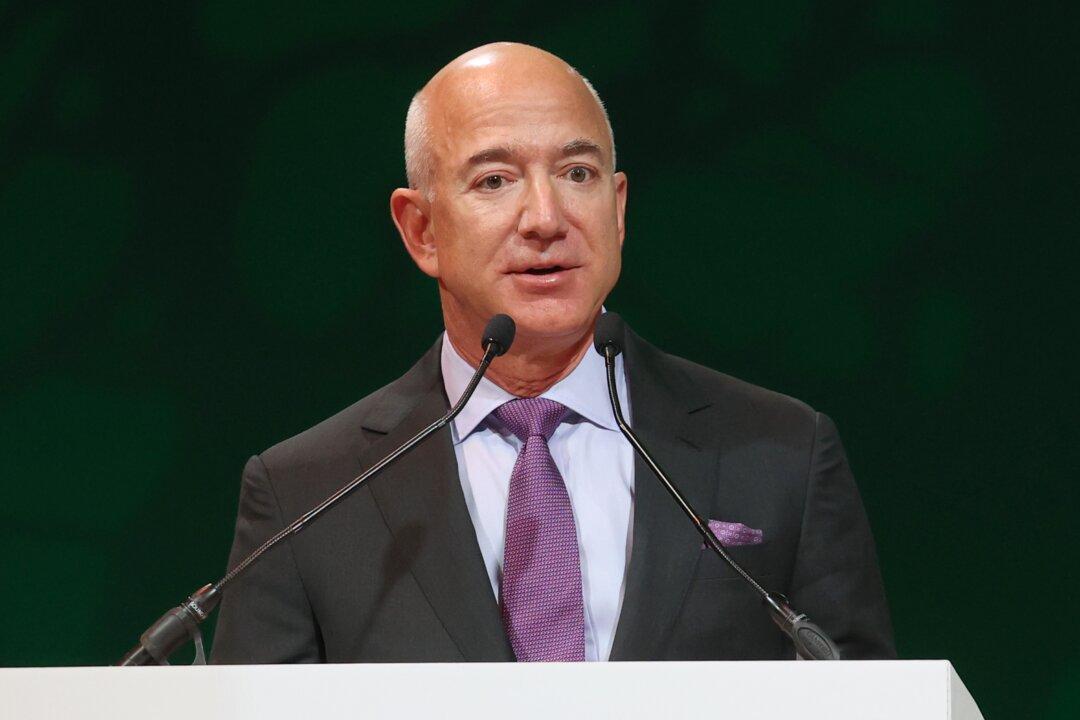Commentary
It’s interesting in the extreme that Jeff Bezos, the second-richest man in the world, Amazon founder, self-propelled astronaut, and confirmed liberal who lavished the Obama Foundation with $100 million and bought (likely saving) The Washington Post, which he then turned into a leading digital media innovator, is now an unlikely enemy of the Biden administration.





